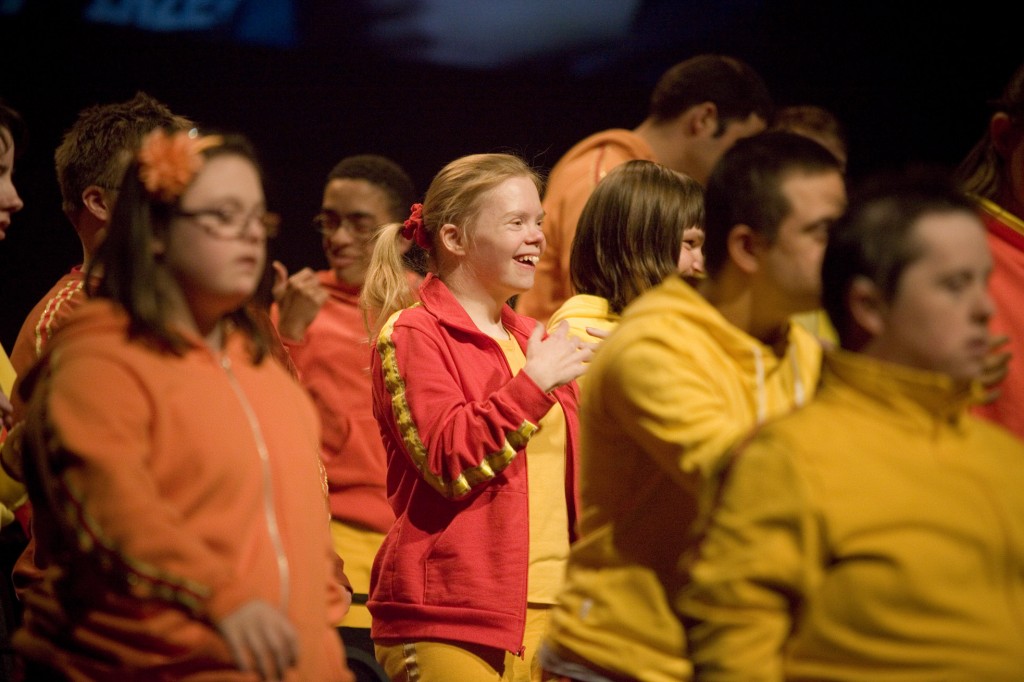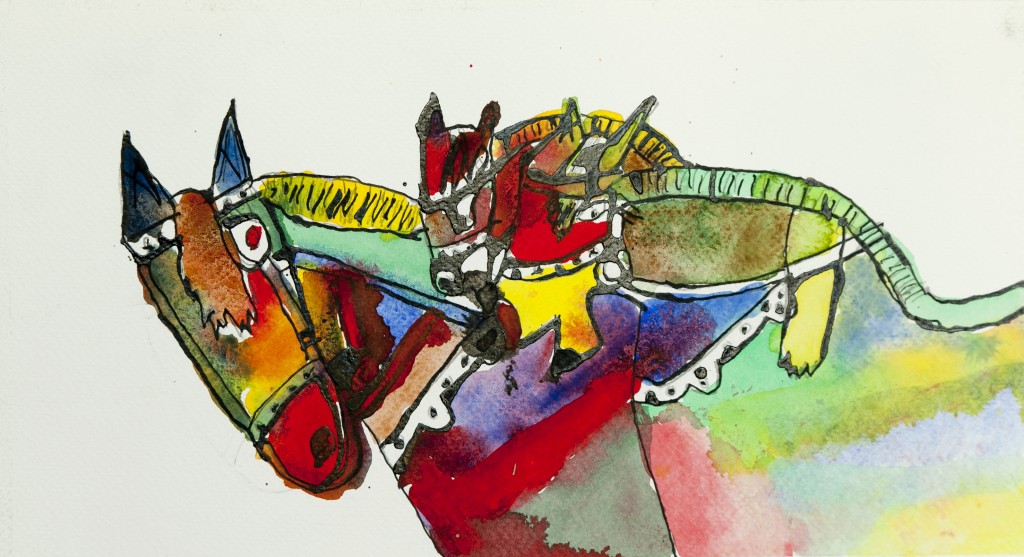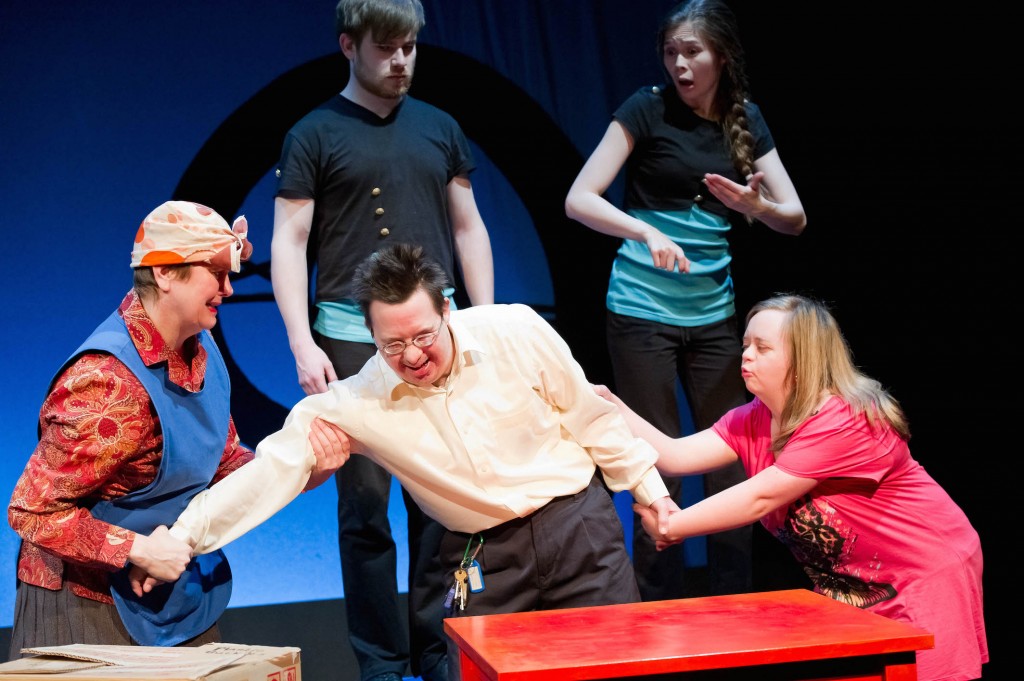
“People say to me how great it is that I ‘help’ people with learning disabilities to make their own films but I don’t do this out of charity. Far from it. I do what I do because I am excited by the amazing talents of the people I work with. Filmmakers with learning disabilities have an ability to offer a view of the world that I don’t. I couldn’t even dream of the scripts that our members write.” So says Will Sadler from Beacon Hill Arts in Newcastle, reflecting just one view about “learning disability arts”.
It’s the same sentiment expressed by Richard Phoenix, who runs music organisation Constant Flux, and who I’ve quoted elsewhere on this site : “Often when I talk to people about working with people with learning disabilities in music I encounter the “Aww…. That’s so nice” attitude, which isn’t intrinsically wrong in any way but it seems to me to represent a feeling that people with learning disabilities are only capable of emotionally neutered art, of things that are ‘nice’ and ‘happy’ which from my experience is completely off the mark.”
So what does that phrase “learning disability arts” mean to the public? What constitutes “good art” is a notoriously subjective and personal view, but what is the quality of work being produced by people with learning disabilities? How is such art produced, judged, presented or received differently to “mainstream” art? How far do non-learning disabled artists who collaborate with people who have a learning disability lead the project – and what standard of art is produced?
The Brighton-based project, Creative Minds, is hoping to lead a much-needed national debate about these kinds of issues. Funded by the Arts Council, Brighton and Hove city council and the John Ellerman and Paul Hamlyn foundations, Creative Minds is run by a committee of learning disabled artists who want to “challenge perceptions of their work being labeled as ‘good therapy’ and have a national discussion about its quality and how that can be defined”.

Leading arts charity Carousel is facilitating the project with some good food for thought already given a platform via the Creative Minds website and the first in a series of conferences will be held in Brighton a week today, on Monday 10 March.
The aim is for learning disabled artists to showcase their work and lead discussions about it. The conferences are targeted at their peers, arts organisations, critics, funders, venue programmers and anyone interested in learning disability led arts
Performances, art and discussion includes Action Space London, Chris Pavia and Stop Gap Dance Company, Corali Dance Company, Face Front Theatre Company, Oska Bright Film Festival and Rocket Artists.

The Creative Minds steering committee explains that “as individual artists and performers we have had our work not taken seriously when we have shown it in theatres, galleries and on stage”. The group’s aim is “to change peoples ideas and perceptions and the way they see us”.
Hopefully the project and conferences will lead to a high profile debate that reaches beyond the learning disability arts sector.
As performer Bethan Kendrick writes on the Creative Minds site, “Having a learning disability informs your art and helps you produce work of a high quality. I have found that my confidence has grown because I perform my work to audiences. Thinking about quality will help you develop your skills, especially as you work with your company and your director. I take my performance work very seriously. This gives me great confidence in my art.”
• The Creative Minds conference is on Monday 10 March, 10am to 5pm at the Brighton Dome, Church St, Brighton (the venue is wheel chair accessible)
• Constant Flux presents the Fish Police on tour from next month, see website
